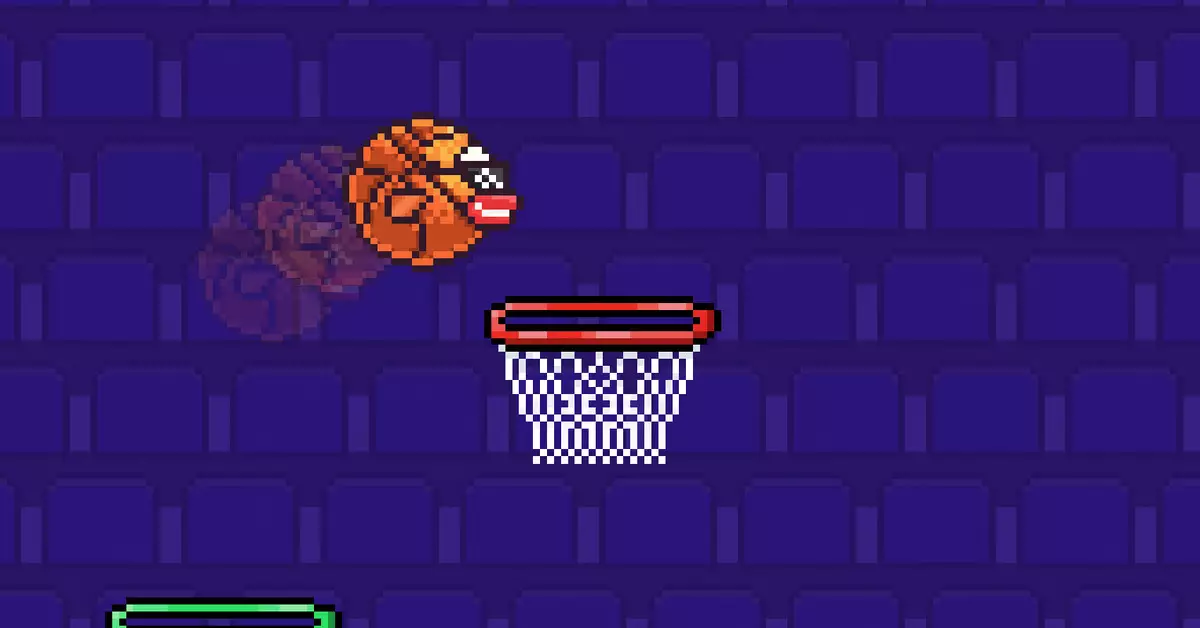In the ever-evolving realm of mobile gaming, nostalgia often plays a crucial role in reigniting interest in beloved titles. Last week, the Flappy Bird Foundation announced a revival of the classic game, Flappy Bird, stirring excitement among gamers and casual players alike. However, what initially appeared to be a classic’s much-anticipated return is imbued with layers of complexity, particularly concerning the involvement of the original creator, Dong Nguyen. As the gaming community buzzes with speculation, the narrative takes fascinating twists that reveal more about the foundations of video game intellectual property than the joyful resurgence of a cherished pastime.
Dong Nguyen’s involvement, or lack thereof, in the Flappy Bird revival raises some pivotal questions about ownership and creative rights in the gaming industry. Nguyen publicly stated via X that he has not sold any rights associated with Flappy Bird, and his absence from the new project marks a significant departure from the game’s initial release. The Flappy Bird Foundation claims to have acquired rights from Gametech Holdings, which seems to have proceeded independently of Nguyen. There’s an unsettling juxtaposition between the foundation’s promotional strategies that heavily lean on the nostalgia surrounding Nguyen’s creation and the reality that the original developer is not part of this venture. It illustrates a broader dilemma in the video game industry regarding how nostalgia is leveraged without the consent of its creators.
The Trademark Controversy
The complexities deepen when we consider the trademark issues surrounding Flappy Bird. In 2023, Gametech filed a legal opposition to Nguyen’s trademark claim, a curious maneuver given that the game had previously fallen out of the public eye. The U.S. Patent and Trademark Office’s eventual determination—labeling Nguyen’s trademark as abandoned—spotlights how quickly ownership can shift in the fast-paced world of tech. This situation raises significant ethical questions: Should organizations be able to capitalize on a creator’s legacy without their involvement? The Flappy Bird Foundation’s failure to acknowledge Nguyen’s disconnection is disconcerting, especially when the announcement leans heavily on player nostalgia.
Adding another layer of intrigue is the potential integration of blockchain technology in the Flappy Bird relaunch. Early comments from researchers hint at a crypto component that could redefine the gaming experience. Initial references on the Flappy Bird website spoke of the game “flying higher than ever on Solana” and engaging users in a “web 3.0” experience, aiming to give players ownership through interactions like building and staking. This potential shift towards a decentralized gaming model may attract a new wave of players looking for a blend of nostalgia and innovation.
As the Flappy Bird Foundation gears up for its release in 2024, many gamers await this revival with both excitement and skepticism. The nostalgia surrounding the original Flappy Bird is palpable, yet the questions about its creators and the legitimacy of the project loom large. The intersection of gaming, intellectual property rights, and emerging technologies like blockchain suggests a multifaceted future for Flappy Bird—one that may redefine not just the game, but how similar properties are treated in the expanding gaming ecosystem. Only time will tell if Flappy Bird’s flight will soar or stumble in this new chapter.

